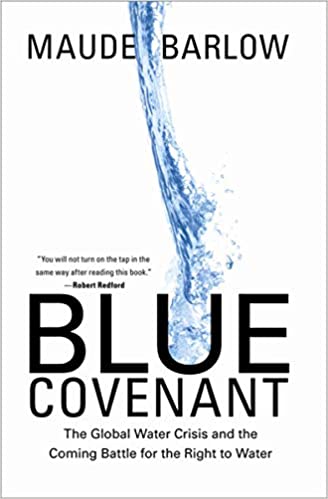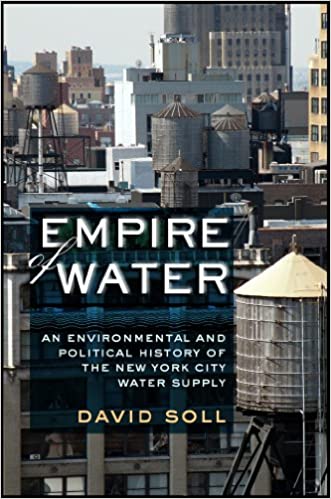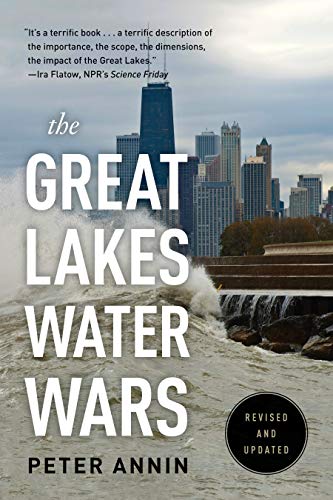
February 16, 2016US Supreme Court to Hear First Interstate Groundwater CaseThe US Supreme Court has granted leave to the State of Mississippi to file a bill of complaint against the State of Tennessee, the City of Memphis, and Memphis Light, Gas & Water for wrongfully converting groundwater from the interstate Sparta-Memphis Aquifer. The dispute arises from the pumping of groundwater in Tennessee by the City of Memphis. Mississippi alleges that this pumping has lowered water tables in Mississippi. See On the Supreme Court's docket: Mississippi v. Tennessee, the first interstate groundwater case, posted yesterday by Professor Noah Hall on his Great Lakes Law blog. As Prof. Hall notes, this case will be the first time the Court has addressed the question of what legal doctrine applies to transboundary interstate groundwater resources. Tenessee and the City of Memphis (supported the U.S. Solicitor General) and lower courts argue that interstate groundwater aquifers are subject to the Court’s equitable apportionment doctrine, which divides and allocates interstate surface waters by determining the best overall utility for the water supply with a heavy emphasis on protecting existing consumptive uses. Mississippi’s bill of complaint seeks damages and declaratory relief based on property theories of absolute right, title and exclusive possessory ownership of groundwater located within its territorial borders. Posted by Rachel Treichler on 02/16/16, updated 04/05/16.
Copyright 2021, Rachel Treichler
|
|






